
As an international heatwave threatens to turn the entire Northern Hemisphere into a sauna, we look to the great indoors, where we can enjoy a good book without melting or smearing the sweat-stained pages. We’ve always felt guilty about sneaking the latest hit into our beach bags—sunscreen fights that new book smell—and what we’ve been reading this summer reflects our predilection for used paperbacks and secondhand bookstores.
The Tartar Steppe by Dino Buzzati, translated by Stuart C. Hood
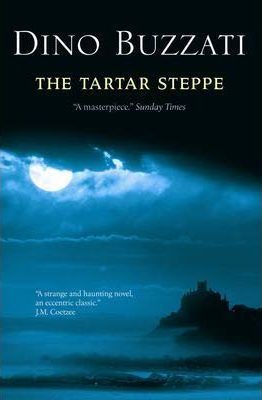
A young lieutenant receives his first assignment, to a fort on the country’s desolate periphery, where an enemy attack has been expected for centuries, without result. At first, the lieutenant wants to leave for a more prestigious urban assignment in the city where he may cover himself in glory and advance his career, but something about the fort and its garrison seizes his imagination. He remains—month after month, year after year, decade after decade, steeling himself for the momentous battle that will surely come. By the end, he must confront the consequences of his actions, or rather, his inactions. Ultimately the book is a parable, a trancelike exploration of historical time and our feeble attempts to find our place within it.—Bruce Falconer
The Bookshop by Penelope Fitzgerald
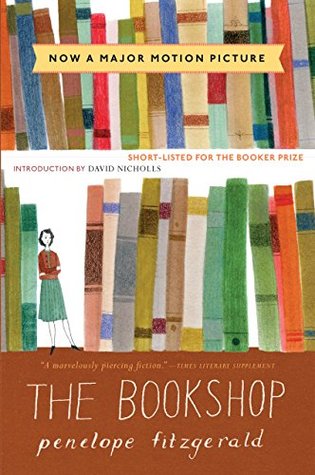
What list could be complete without a Penelope Fitzgerald recommendation? The Bookshop is always warring with Offshore for the distinction of being the office favorite. But the former now has the distinction of being the first of Fitzgerald’s novels to be adapted for the big screen, with a posh cast including Emily Mortimer, Patricia Clarkson, and Bill Nighy. Of all the books to read before seeing the movie, surely a book about books takes the cake? [As a bonus, share this reading list and tag us on Facebook (@The American Scholar) or Twitter (@TheAmScho) for a chance to win a pair of free tickets to see the film in theaters. Five winners, U.S.-only.]—Stephanie Bastek
Moon Tiger by Penelope Lively
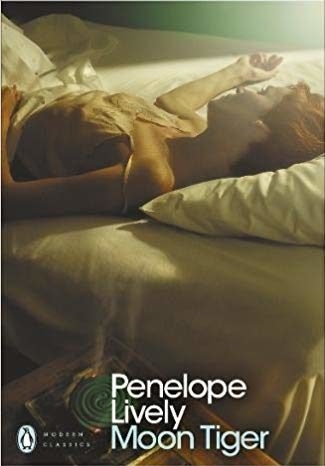
A terminally ill woman lies dying inconspicuously in an English hospital. But in her own mind, she is secretly writing a history of the world: “The whole triumphant murderous unstoppable chute—from the mud to the stars, universal and particular, your story and mine.” So begins this massively underappreciated novel (well, underappreciated by readers; critics loved it, and the book was a runner-up for this year’s Golden Man Booker, which celebrated the 50th anniversary of the prize with the best works from each decade). In Claudia Hampton, Lively gives us a heroine for the ages, whose own passage through the 20th century serves as a vehicle for wide-ranging explorations of geography, war, love, family, loyalty, deceit, hatred, envy, and the very nature of time itself. Reading it is to be guided back in time and around the world by the most interesting, intelligent person you’re likely to meet.—Bruce Falconer
The Nature of Things, Lucretius, translated with notes by A. E. Stallings
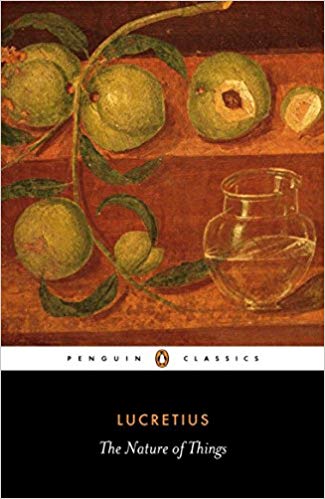
On a visit this summer to Rome, I thought to pack the Roman philosopher and poet Lucretius’s masterwork, De Rerum Natura, in a recent translation by the brilliant poet and classicist A. E. Stallings. Rome, with its thousand monuments to Christianity, turns out to be an unlikely place to read Lucretius’s defense of the natural world and rejection of all things supernatural, including his famous line about the sacrifice of Iphigenia by her father: “So potent was Religion in persuading to do wrong.” This poem of more than 7,000 lines, written very approximately in 50 BCE, is not only a statement of Epicurean philosophy in verse accomplished enough to inspire Virgil, but also a treatise on science that, like the work of a modern physicist looking for the theory of everything, considers the tiniest known bits of matter—he calls them atoms—and the infinity of space. Stallings’s limber translation is easy on the modern ear.—Robert Wilson
Charming Billy by Alice McDermott
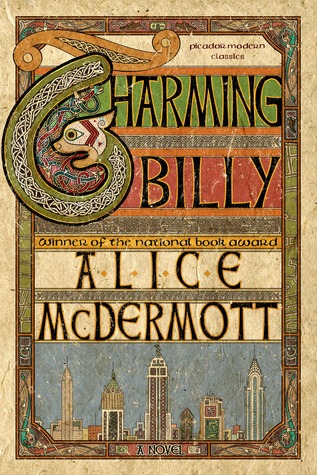
A beloved husband, brother, and friend, Billy Lynch has died an alcoholic and alone. His family can’t help wondering if there was anything more they could have done—or if Billy ever recovered from falling in love with “the Irish girl” he met one summer on eastern Long Island. Like Colm Tóibín’s Brooklyn, McDermott’s novel unfolds with a quiet, assured grace, the perfect read for a lazy summer afternoon.—Katie Daniels
Cal by Bernard MacLaverty
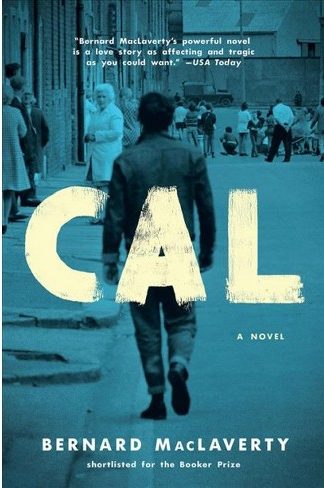
I picked up Bernard MacLaverty’s short 1983 novel, Cal, in a Belfast bookshop in June. It’s a haunting work set in Northern Ireland during the Troubles, its protagonist a young, depressed Catholic man trying to survive in a Protestant neighborhood. Bleak, claustrophobic, and unnerving—and unrelenting in its exploration of violence and morality—the novel is also a tender story of a love doomed, one knows, from the start.—Sudip Bose
Excellent Women by Barbara Pym
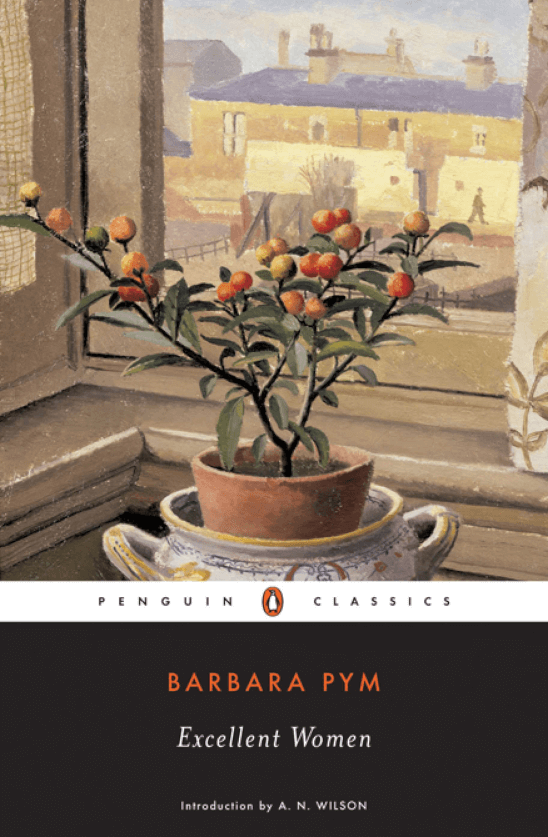
Barbara Pym was cited in Michael Ondaatje’s Golden Man Booker acceptance speech alongside William Trevor and Alice Munro as great writers ungraced by a Booker win—“Good company!” I thought, and hastened to pick up Pym’s best-known work. Mildred Lathbury is a spinster in 1950s England, and one of those “excellent women” who holds up the local parish with jumble sales, visits to the vicar, and impeccable weekday attendance at church … but when anthropologist Helena Napier and her rakish husband, Rocky, move into the neighboring flat, Mildred finds herself making tea for a whole new set, and fending off society’s boring expectations for single women like her. Excellent Women is a funny, moving portrait of a country slowly recovering from the ravages of war: just getting on, as Mildred does, without any real idea of how the story will end.—Stephanie Bastek
Philoctetes by Sophocles
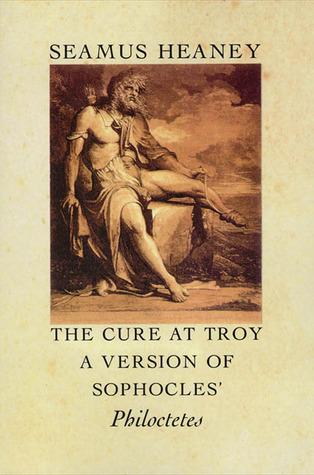
I have spent much of the year rereading the Greeks, including The Iliad, Ajax, Women of Trachis, and a few versions of Sophocles’s Philoctetes—about the Greek hero bitten by a venomous snake who suffers from both a festering wound that will not heal and regular bouts of raving madness. Unable to deal with Philoctetes’s agony, Agamemnon, Menelaus, and Odysseus decide to abandon him, en route to Troy, on the deserted island of Lemnos. There Philoctetes must endure for 10 years, alone and in pain—until the Greeks realize they need him (and his famed bow) back among their ranks. David Grene’s translation is splendid, and Seamus Heaney’s rendition, The Cure at Troy, is wonderful as well.—Sudip Bose
The Life and Extraordinary Adventures of Private Ivan Chonkin by Vladimir Voinovich, translated by Richard Lourie

The death of the satirical Russian novelist Vladimir Voinovich in late July brought to mind his wonderfully funny, Gogolian novel about a literal-minded Soviet army private who is sent during World War II to guard a plane that has crashed in a distant village. Although the Red Army forgets he is there, he remains on post throughout the war, settling in with a local woman, and giving Voinovich a chance to poke fun at many central tenets of Soviet life. The writer’s critiques got him into trouble, and he left Russia only to return after the fall of the Soviet Union. In the last years of his life, he kept Vladimir Putin firmly in his sights.—Robert Wilson
Angel by Elizabeth Taylor
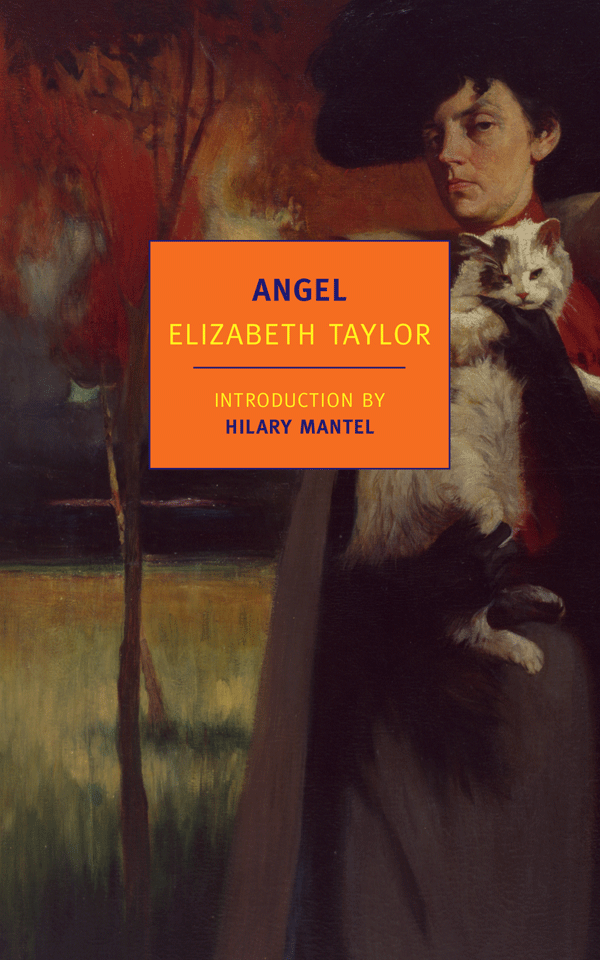
I tend to read books thematically, so one obscure British novelist led to another, and now I have a laundry list of names to scout out in used bookshops. Unlike Pym’s protagonist, however, Angel Deverell is no excellent woman: she’s a mean, working-class girl with delusions of grandeur, who writes her way out of poverty and into a tasteless mansion bedecked with velvet and peacocks. The melodramatic novels she pens are as divorced from reality as Angel herself—“Experience was an unnecessary and usually baffling obstacle to her imagination,” she thinks while attending a funeral—and Angel’s grip on the world only unravels further as she gets older, richer, but certainly no wiser. Despite the vicious one liners and unsparing prose, Taylor spins an empathetic portrait of the monster that might lurk inside every writer, and the hard life that made her who she was.—Stephanie Bastek
The Glimpses of the Moon by Edith Wharton
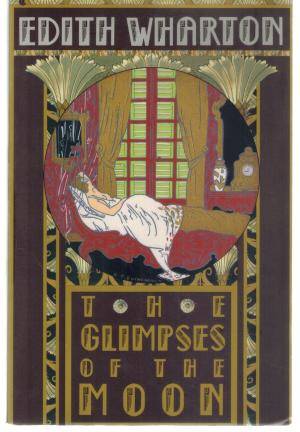
I’ve never been more enthralled with Wharton’s incisive social commentary and keen observations of the upper echelons of New York society. The Glimpses of the Moon follows Nick Lansing and Susy Branch as they try to climb the ladder of wealth and influence without having either one, equipped only with an arsenal of witticisms and an overabundance of charm. In the end, the usual comedy of errors ensues but with an anticapitalist twist. As Wharton bluntly notes early on, “[Lansing] knew on how frail a thread the popularity of the penniless hangs, and how miserably a girl like Susy was the sport of other people’s moods and whims. It was a part of his difficulty and of hers that to get what they liked they so often had to do what they disliked.”—Noelani Kirschner

